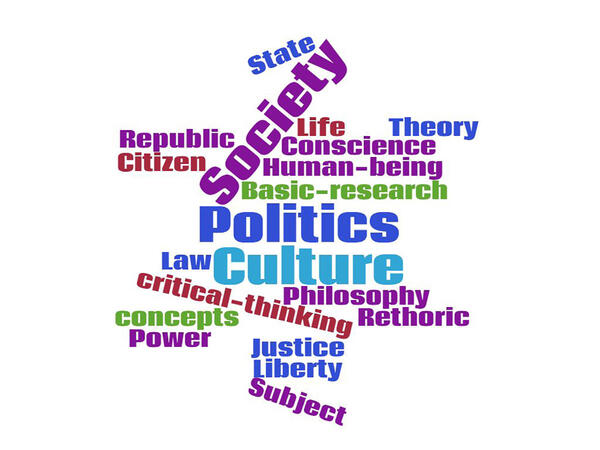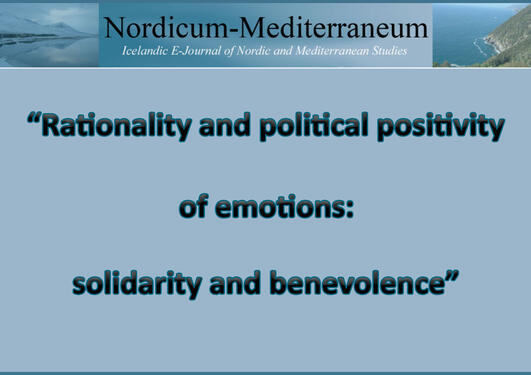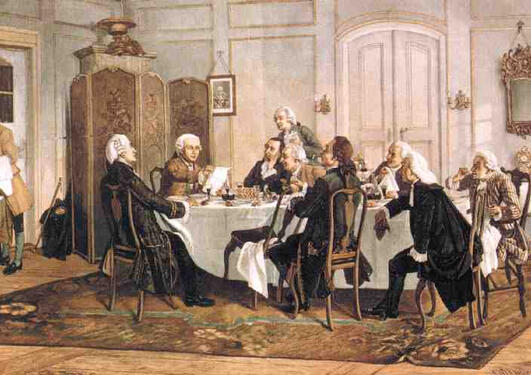
The “History of Modern Philosophy” research group is dedicated to a historical-systematic approach to different topics within theoretical and practical philosophy covering the period from the Middle Ages to the 20th century. The members of the group have backgrounds and research interests in different philosophical subfields, traditions, and methodological approaches – such as philosophy of law, political philosophy and theory, moral philosophy, social philosophy, metaphysics, epistemology, history of ideas, phenomenology, critical theory, French philosophy, rhetoric, and postcolonial thought. The group explicitly endorses a pluralistic and inclusive approach to the discipline. It provides a platform both for research in the history of ideas and for scholars who are interested in the contemporary philosophical relevance of historical authors. We welcome colleagues and advanced students from all faculties with related interests. If you want to join the group, please contact the group leader.
Critical Theories Colloquium
The colloquium brings together researchers and advances students with an interest in philosophical research that is sensitive to issues of social and epistemic (in)justice, incl. postcolonial theory, critical theory of race, feminism, queer theory, social/political epistemology, and the Frankfurt school. The group meets 1-2 times per month during term time, with presentations of work in progress, discussion of texts of common interest, and presentations by external speakers. If you are interested, please contact Franz Knappik.

